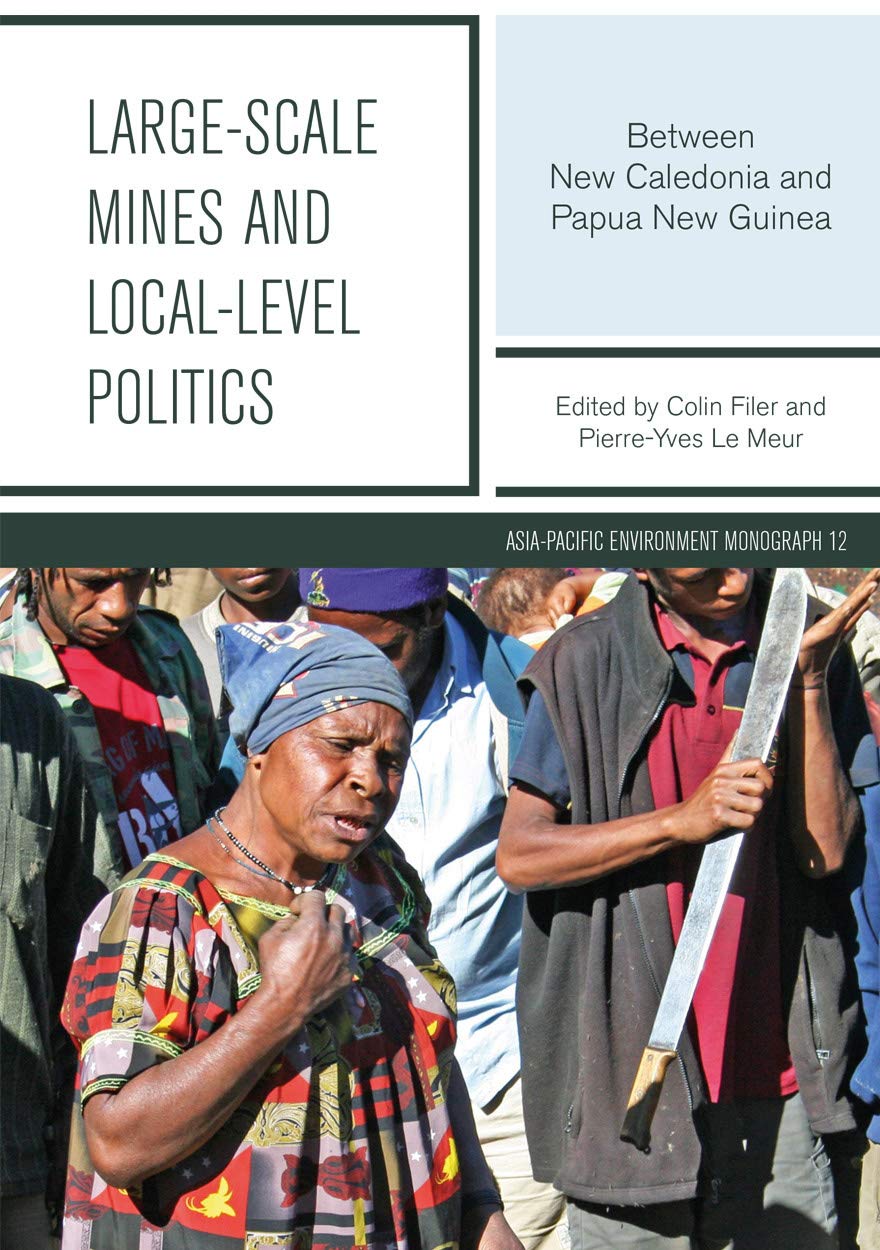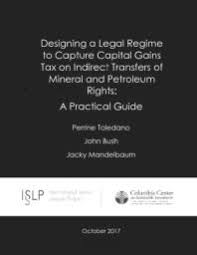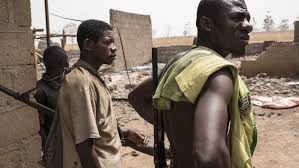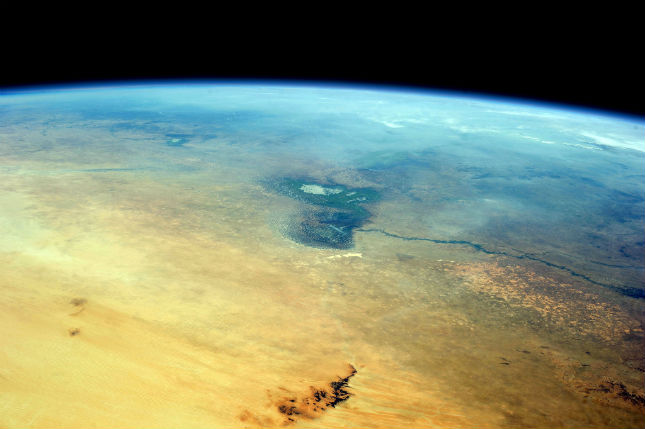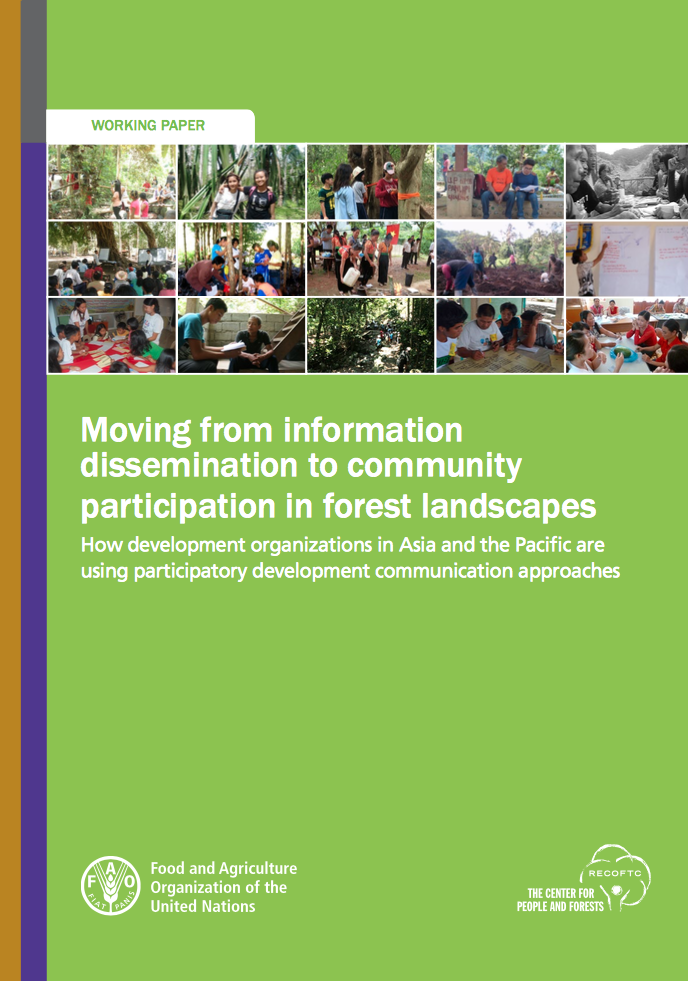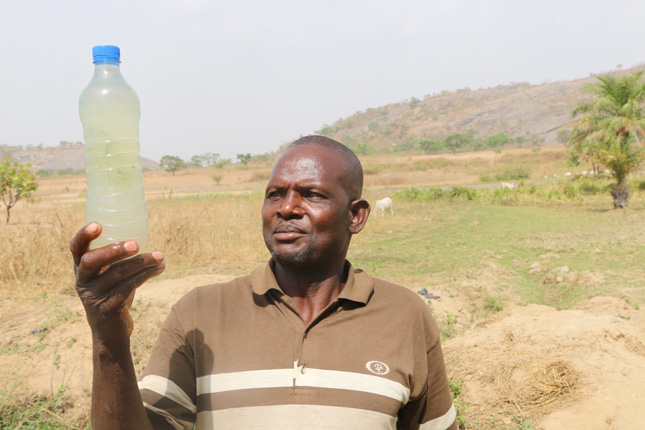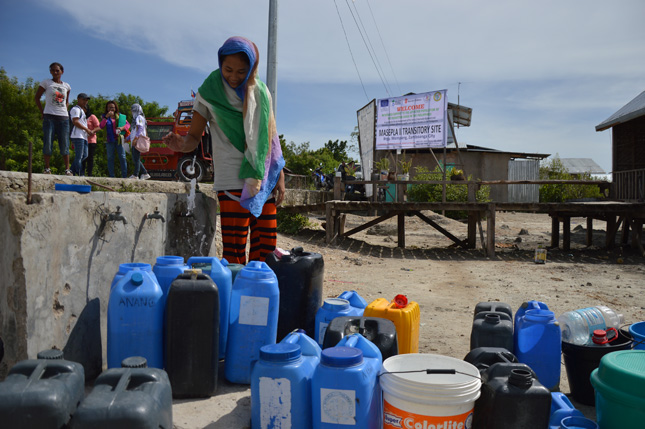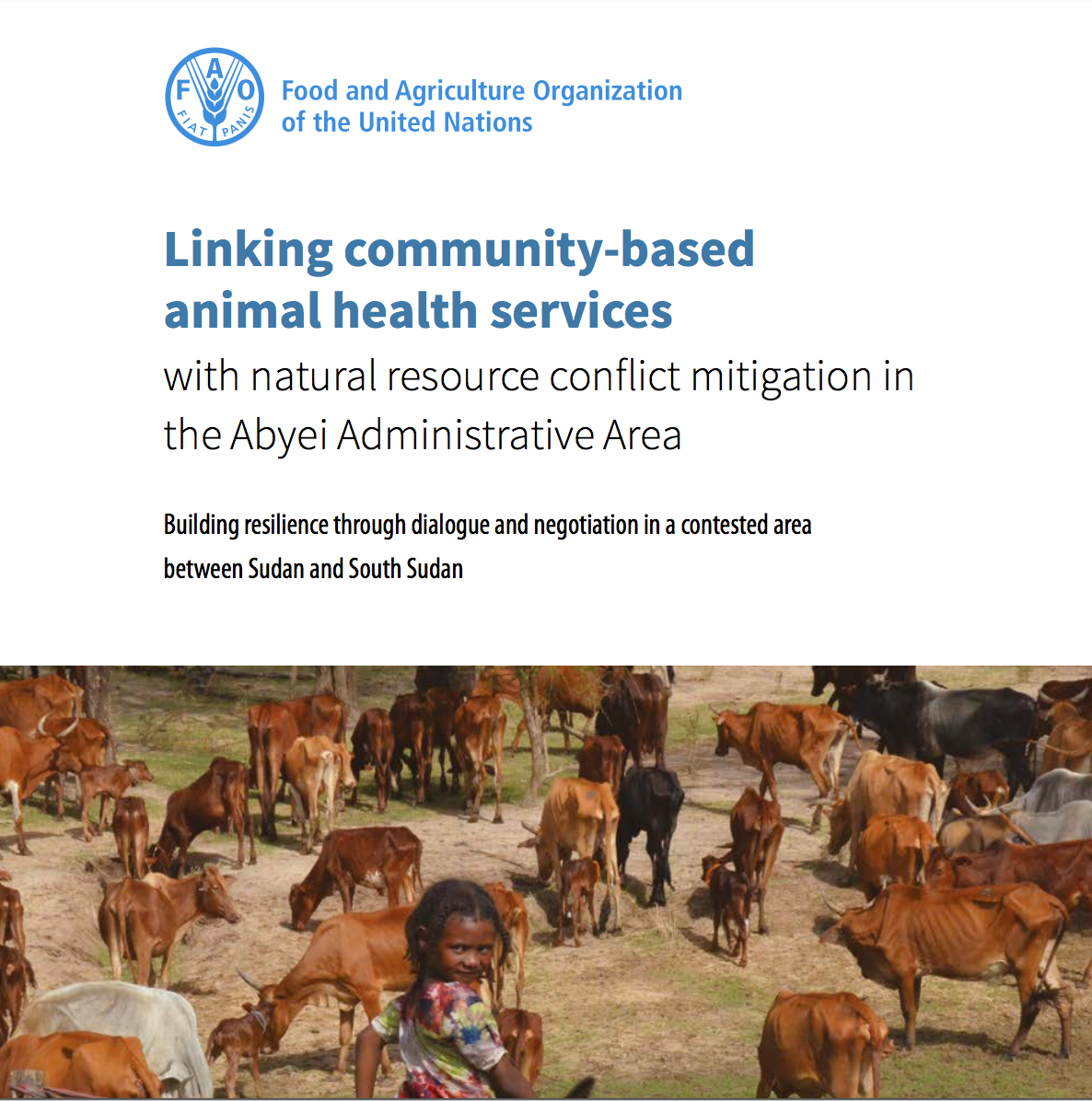Scarred lands and wounded lives
Scarred Lands and Wounded Lives is a compelling documentary exploring the under-reported environmental impacts of war and preparations for war. The film confronts the immensely broad ecological and human ramifications of everything from technological development and natural resource exhaustion to weapons testing and modern warfare itself.


